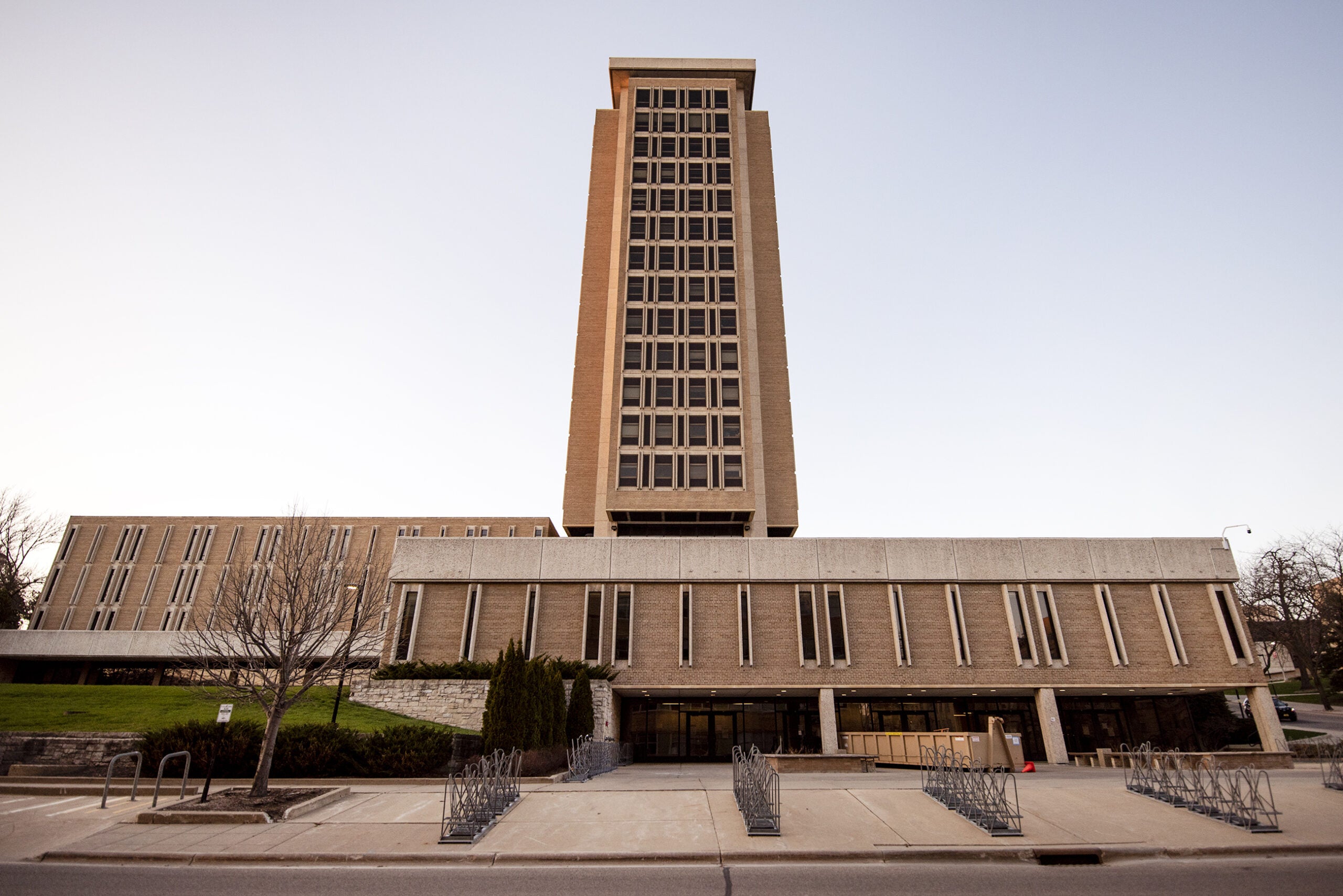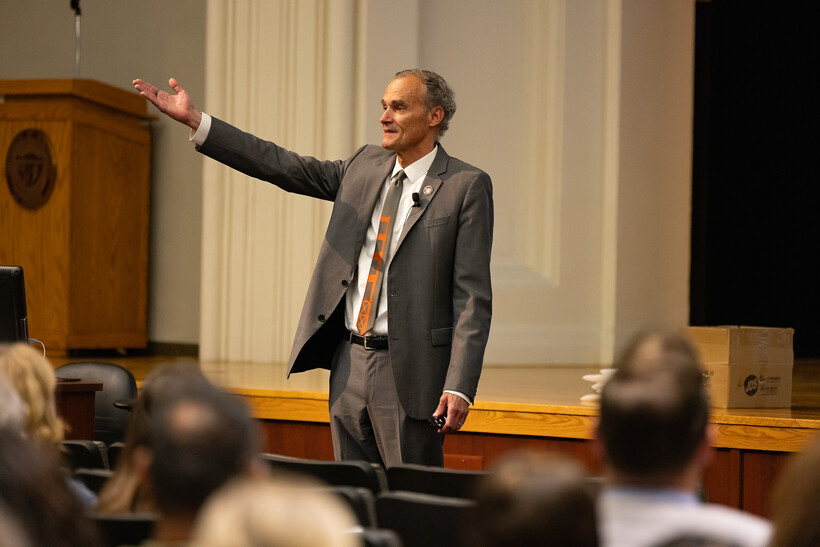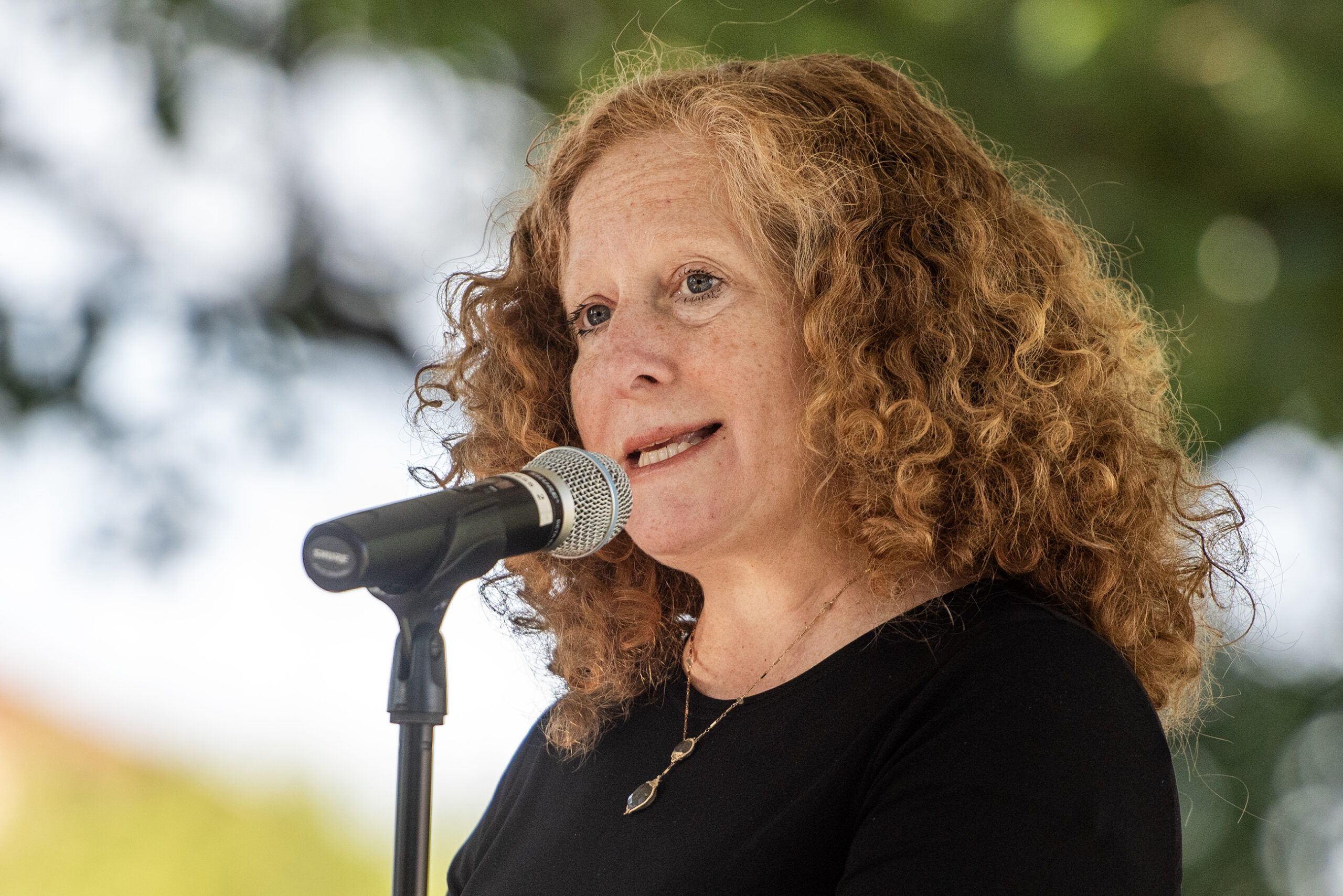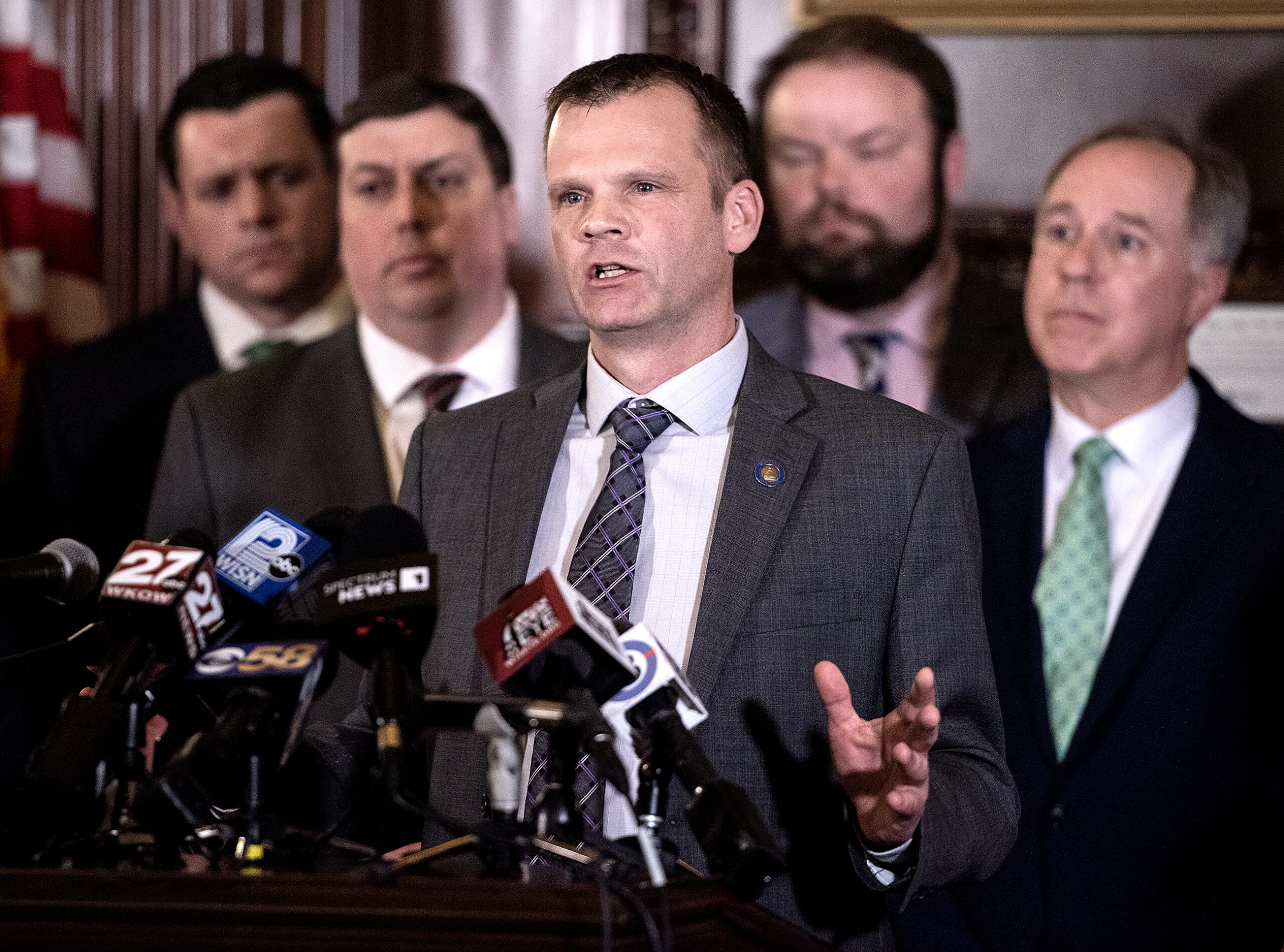State lawmakers approved two measures relating to University of Wisconsin pay and personnel Monday: the UW will have its own personnel systems separate from the rest of state government, and senior executives could get big pay increases.
The vote by a panel of legislative leaders will give the UW system and the UW-Madison some of the autonomy they were hoping for last year before relations soured with the Legislature. UW-Madison Chancellor Rebecca Blank said it would let the university tailor its personnel system to meet the needs of a teaching and research institution.
“It positions us to attract, develop and retain the best talent, both staff and faculty, and provides better opportunities for our current employees as well,” Blank said.
Stay informed on the latest news
Sign up for WPR’s email newsletter.
State Employees Union Director Marty Biel opposed the plan, saying it lacked the same protections for his members as the current civil service system.
“I don’t think we should treat workers who are earning $10, $11 or $12 an hour as lab rats in an academic experiment,” Biel said.
That plan passed unanimously.
In another move, lawmakers approved raising the maximum pay for certain UW executives from less than $190,000 per year to more than $260,000 per year. The maximum pay for vice chancellors would go up from less than $170,000 to nearly $220,000. Assembly Speaker Robin Vos voted against this change.
“Don’t you think that when the taxpayers of Wisconsin look and see that we can’t find qualified people for $200,000 a year, that that sends up red flags?” he said.
But Blank said it was a matter of economics.
“I understand why the people of Wisconsin look at these salaries and they look stratospheric: I have real sympathy for that,” she said. “But I know at the end of the day, the price that I have to pay someone is the price that they would get if they were taking a similar job someplace else.”
Both moves would take effect in the summer of 2015.
Wisconsin Public Radio, © Copyright 2024, Board of Regents of the University of Wisconsin System and Wisconsin Educational Communications Board.






